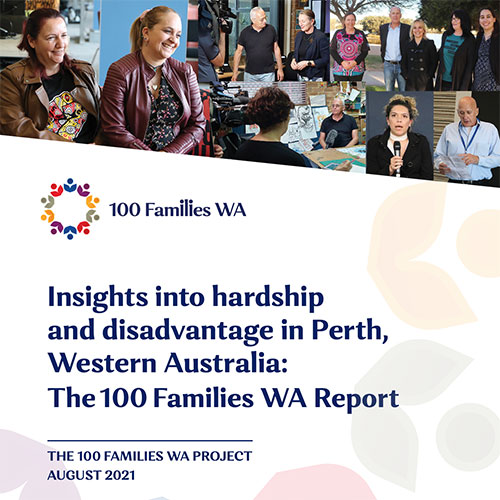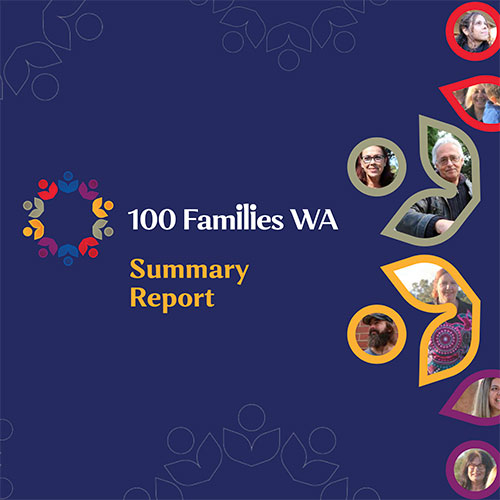Well this week has been a waste. I visited my GP on Monday and together we made a mental health care plan. She referred me to a psychiatrist but when the company contacted me they would only offer me an appointment with a psychologist. I decide to accept it as I need help.
My aunty agreed to look after Billie for the afternoon. The place I needed to go to is across the city so I have to catch two buses. After a horrible bus trip where I was abused by some old man, I waited for 30 minutes I finally met with the psychologist. He was so rude and told me he cant help and that I should be “making better life choices”.
I feel I have wasted my time and money on bus fare only to leave that place more unwell than when I went in. I felt completely invisible and unheard.



